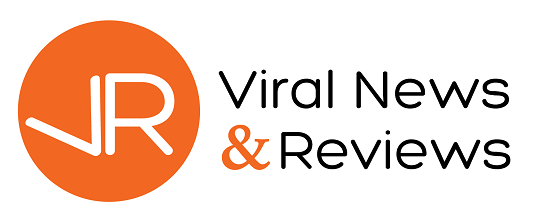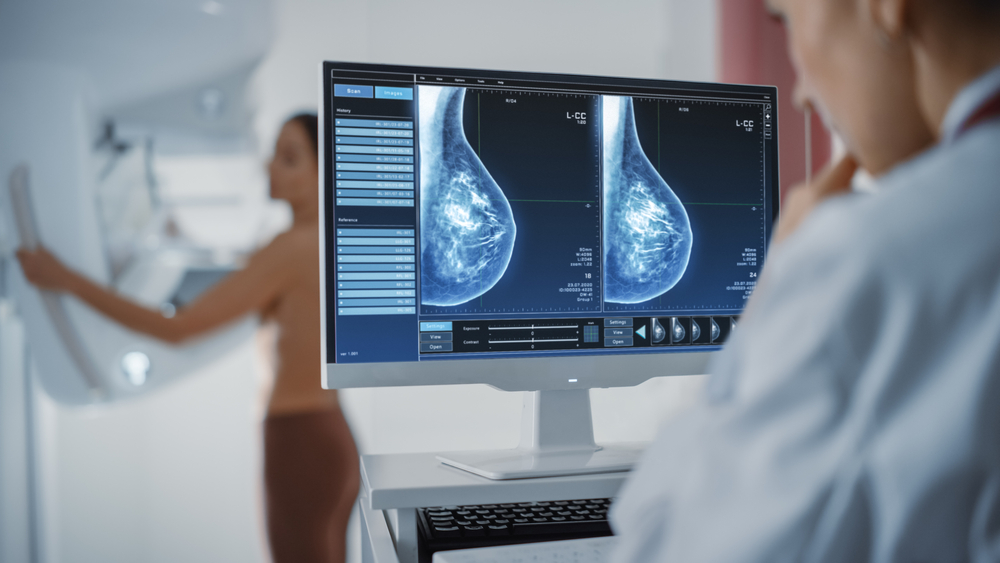Serving more than 500,000 people in Scotland with wellness and social caring works, NHS Grampian is testing artificial intelligence from Kheiron medicine-related tech corporation to assist medical professionals in diagnosing cancer, reducing the reserves of roentgen readings, and providing patients with results more quickly.
The statistics
Every year, more than 2 million adult females in the UK undergo breast cancer roentgen procedures.
A backlog of mammograms needs to be evaluated due to the recent virus epidemic, stress on the staff, and lengthy inactivity stages of hospital systems that made people wait for a long time to get their results or have their procedures done.
It can be challenging to detect breast cancer, which affects 6 out of every a thousand women.
As a result, two of the professionals review each screening in the UK and Europe. The majority of cancers will be found early thanks to this. Sometimes cancers are missed during screening or develop later. Interval cancers are what they are known as.
The new AI solution from Kheiron company, which is powered by Microsoft-based servers and frameworks and serves the people of Aberdeen, Aberdeenshire, and Moray, is being evaluated by NHS Grampian.
The Trust wants to demonstrate that people can wait less time for researching outcomes, uplift the rate of cancer detection, and lessen the strain on screening services by combining highly skilled radiologists with AI.
The development of the new tool
The performance of previous mammograms was examined by the AI-related scientific organizations’ investigations and the center of cardiological diagnosis, NHS Grampian Chief Radiologist Gerald Lipp.
The inquiry team is working on the AI healthcare application as part of a project funded by Innovate UK.
Working with Microsoft, the engineers that manage Mia using anonymized screenings using the already acquired results from an earlier three-year-long roentgen database.
The new system could have had two-hundred and sixty-one cancers found for it with just one expert examination, and it could have had 271 cancers found.
In addition, the new AI tool found 47 (33.8%) additional interval cancers in her that the other 2 professional medical workers had missed.



